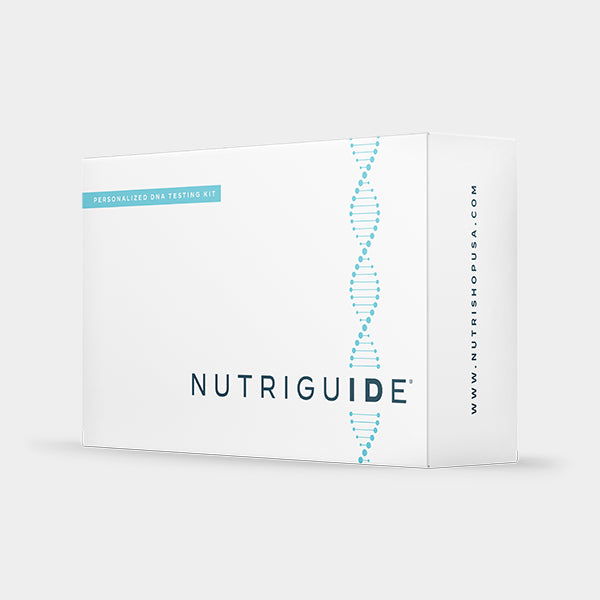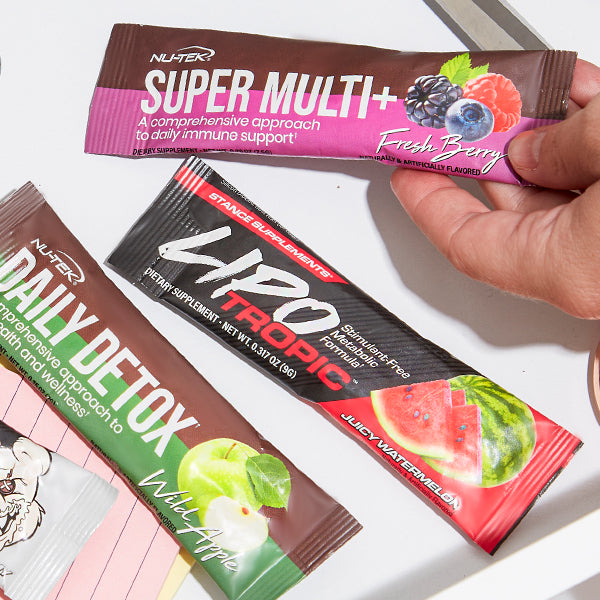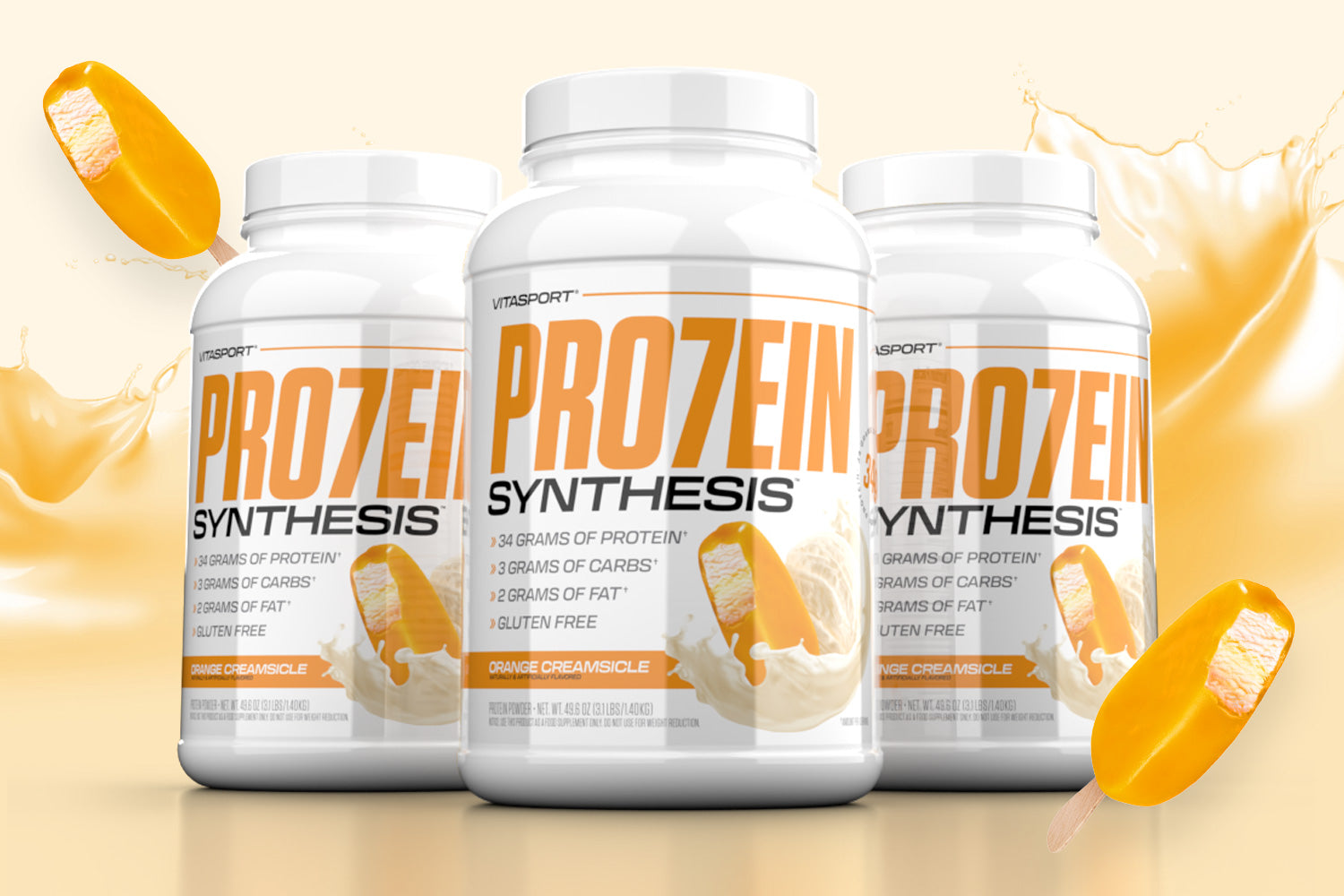When navigating the grocery store, your health is as important as your budget. Certain items, while convenient or appealing, may compromise your dietary goals and expose you to unnecessary health risks. And, they may also dip too far into your wallet as well! Here are eight grocery items to consider skipping for a healthier lifestyle:
1. Pre-Cut Fruits and Vegetables
Pre-cut produce may save time, but it also reduces the natural barriers that protect fruits and veggies from contamination. These items also often come with a higher price tag and a shorter shelf life. Buying whole produce and slicing it yourself at home is a safer and more economical choice.
2. Damaged Canned Goods
It may be tempting to grab that discounted can with a dent, but compromised cans pose a risk. Even a small dent can breach the can's integrity, allowing bacteria such as botulism to flourish. Always choose cans that are in good condition to ensure the food inside is safe to consume.

3. Hot Food Bars
Hot food bars can be tempting with their ready-to-eat meals, but they pose health risks if the food isn't maintained at the proper temperature. There's also the risk of cross-contamination among foods, which can be a concern for those with allergies. Preparing food at home where you can control the cooking and storage conditions is a safer option.
4. Raw Sprouts
Raw sprouts, including alfalfa and radish sprouts, have been linked to multiple outbreaks of foodborne illnesses. They are susceptible to bacteria since the warm, humid conditions needed for their growth are ideal for bacteria like salmonella and E. coli. Cooking sprouts can reduce the risk, but it's safest to avoid them raw.
5. Pre-Packaged Guacamole
Store-bought guacamole not only often contains preservatives and excess sodium but also has a higher risk of contamination due to its high moisture content and pH level, which bacteria can thrive in. Making guacamole at home allows you to use fresh ingredients and control the sanitation process.

6. Bottled Water
Many bottled waters are just filtered versions of what comes out of your tap. More troubling are the health risks associated with the plastic containers. Studies have shown that chemicals from plastic bottles can leach into the water, potentially exposing consumers to substances like BPA and other plastic-related chemicals that can disrupt endocrine function. Additionally, microplastics have been found in many bottled waters, the health impacts of which are still being studied but are increasingly concerning. Investing in a high-quality home water filter can provide safer water at a lower cost while reducing plastic waste. For hydration on the go, consider using a stainless steel refillable water bottle, which avoids the risks associated with single-use plastics and helps keep our planet cleaner.
7. Deli Meats
Deli meats are often high in sodium and preservatives like nitrates and nitrites, which can be harmful in large amounts. Additionally, if not handled properly, sliced meats can be a source of listeria. Opt for fresh cuts of meat that you can cook and slice yourself to avoid these additives and reduce contamination risks.
8. Flavored Yogurts
While yogurt can be a healthy snack, many flavored yogurts contain high levels of added sugars and artificial flavors, which can undermine your health goals. Instead, buy plain yogurt and add natural sweetness with fresh fruit or a drizzle of honey to control the amount of sugar.
9. Microwave Meals
Convenience shouldn't come at the cost of your health. Microwaveable meals are not only packed with preservatives and sodium but heating them in plastic containers can lead to chemicals leaching into the food. For a healthier alternative, prepare meals in bulk and freeze them in glass containers for quick reheating.
Conclusion
Choosing the right foods at the grocery store is crucial for maintaining good health. By avoiding items that pose health risks or undermine nutritional goals, you can ensure that your diet supports your overall well-being. Always read labels carefully, opt for fresh, whole ingredients, and be mindful of how foods are prepared and stored.






